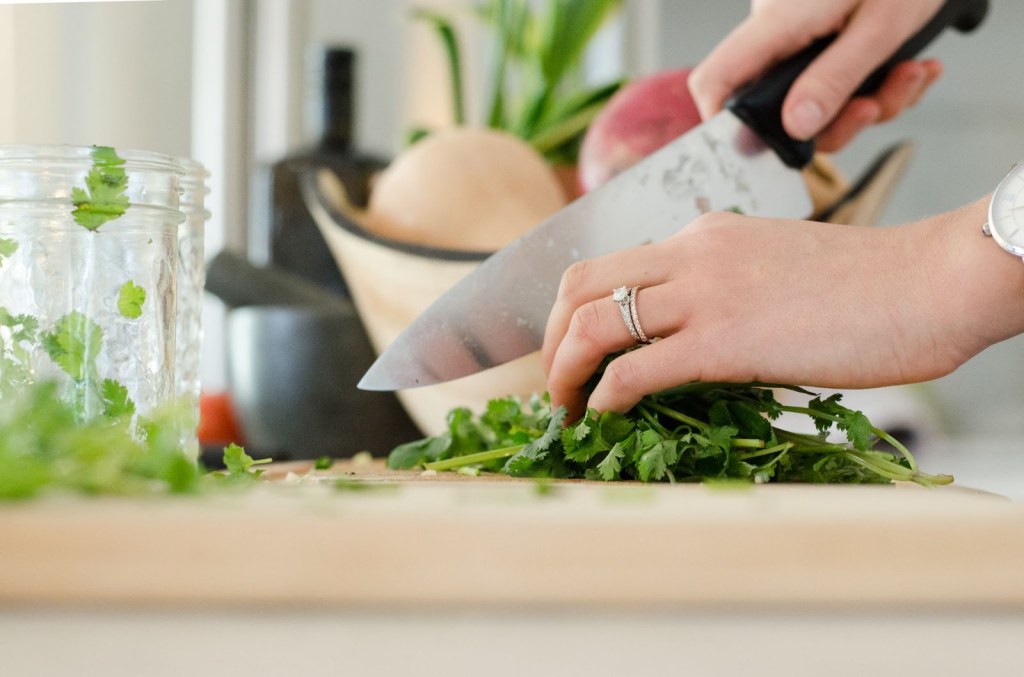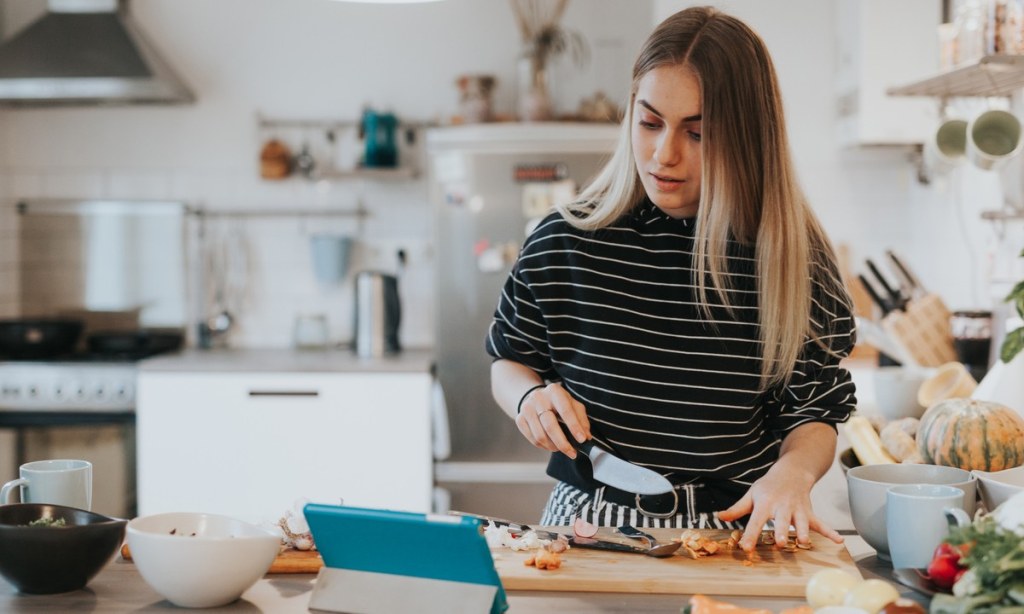Cooking Journey Tips: Discover the Secrets of Mastering the Art
Introduction
Dear Readers,
Welcome to the world of culinary exploration! Whether you are a novice or an experienced cook, embarking on a cooking journey can be both exciting and challenging. In this article, we will provide you with valuable tips and insights to help you enhance your skills and make your cooking journey a delightful experience. So, put on your apron and let’s dive into the wonderful world of cooking!
Throughout this article, we will cover various aspects of cooking, from the basics to advanced techniques. We will explore the benefits and disadvantages of different cooking methods, as well as provide answers to frequently asked questions. By the end of this article, you will have a comprehensive understanding of cooking and be equipped with the knowledge to create delicious meals.
What is Cooking Journey?

Image Source: googleusercontent.com
🔍 Cooking journey refers to the process of learning and mastering the art of cooking. It involves exploring different cuisines, experimenting with ingredients, and honing your culinary skills. Whether you are cooking for yourself, your family, or hosting a dinner party, embarking on a cooking journey allows you to express your creativity and passion for food.
Who Can Embark on a Cooking Journey?
🔍 Anyone who has an interest in cooking can embark on a cooking journey. Whether you are a complete beginner or an experienced cook looking to expand your repertoire, there is something for everyone. Cooking is a lifelong skill that can be enjoyed by people of all ages and backgrounds. So, don’t hesitate to start your culinary adventure!
When Should You Start Your Cooking Journey?

Image Source: cuisineathome.com
🔍 The answer is simple: start your cooking journey whenever you feel ready. Cooking is a skill that can be developed at any stage of life. Whether you are a student living away from home, a working professional looking to unwind in the kitchen, or a retiree seeking new hobbies, there is no better time than now to embark on your cooking journey.
Where Should You Begin Your Cooking Journey?
🔍 The beauty of cooking is that it can be done anywhere. Whether you have a spacious kitchen with state-of-the-art equipment or a small studio apartment with limited resources, you can still embark on your cooking journey. All you need is a passion for food, a willingness to learn, and a few essential tools. So, roll up your sleeves and get ready to create culinary masterpieces in your own kitchen!
Why Should You Embark on a Cooking Journey?
🔍 There are numerous reasons why you should consider embarking on a cooking journey. Firstly, cooking allows you to have full control over what you eat, enabling you to make healthier choices and avoid processed foods. Secondly, it is a creative outlet that allows you to express yourself and experiment with flavors. Lastly, cooking can be a rewarding and enjoyable activity that brings people together and creates memorable experiences.
How Can You Begin Your Cooking Journey?
🔍 To begin your cooking journey, it is essential to start with the basics. Familiarize yourself with fundamental cooking techniques such as chopping, sautéing, and baking. Experiment with different ingredients and flavors to develop your palate. Invest in quality cookware and utensils to make your cooking experience more enjoyable. Most importantly, don’t be afraid to make mistakes and learn from them. With practice and perseverance, you will soon become a confident and skilled cook.
Advantages and Disadvantages of Cooking Journey
🔍 Advantages:
1. Healthier Lifestyle: By cooking your meals, you have control over the ingredients and portion sizes, allowing you to make healthier choices.
2. Cost Savings: Cooking at home is generally more cost-effective than eating out regularly, saving you money in the long run.
3. Creativity and Flexibility: Cooking allows you to experiment with flavors, ingredients, and cuisines, giving you the freedom to create unique dishes.
4. Bonding and Connection: Cooking can be a shared activity, bringing family and friends together and fostering meaningful connections.
5. Sense of Achievement: The joy of preparing a delicious meal from scratch and receiving compliments from loved ones can boost your confidence and sense of accomplishment.
Disadvantages:
1. Time and Effort: Cooking requires time, planning, and effort, which may not be feasible for individuals with busy schedules.
2. Trial and Error: As with any skill, cooking involves a learning curve, and you may encounter failures or disappointments along the way.
3. Cleanup and Maintenance: Cooking can result in a messy kitchen, and the cleanup process can be time-consuming.
4. Ingredient Availability: Depending on your location, certain ingredients may be hard to find or expensive.
5. Pressure to Perform: Cooking for others can create expectations and pressure to deliver exceptional meals, which may be stressful for some individuals.
Frequently Asked Questions (FAQ)
1. Can I learn cooking without attending culinary school?
Yes, culinary school is not necessary to become a skilled cook. There are plenty of online resources, cooking classes, and cookbooks available to help you learn and improve your cooking skills.
2. How can I overcome my fear of cooking?
Start with simple recipes and gradually build your confidence. Focus on one dish at a time and celebrate small victories. Remember, cooking is a journey, and mistakes are part of the learning process.
3. What are some essential tools for a beginner cook?
Some essential tools for a beginner cook include a good quality chef’s knife, cutting board, pots and pans, measuring cups and spoons, and a mixing bowl.
4. How can I make cooking more enjoyable?
Cooking can be made more enjoyable by creating a comfortable and organized kitchen space, listening to music or podcasts while cooking, and involving family or friends in the process.
5. How can I make healthy meals without sacrificing taste?
Focus on using fresh and whole ingredients, experiment with herbs and spices for flavor, and explore different cooking methods such as grilling, steaming, and roasting to enhance the taste of your meals.
Conclusion
Dear Readers,
Congratulations on completing this journey into the world of cooking! We hope that this article has provided you with valuable insights and tips to enhance your skills and make your cooking journey a memorable one. Remember, cooking is not just about nourishing your body; it is an art that allows you to express your creativity and share love through food. So, continue to explore, experiment, and enjoy the process. Happy cooking!
Final Remarks
Disclaimer: The information provided in this article is for educational purposes only. Please consult a professional chef or nutritionist for personalized advice and guidance regarding your specific dietary needs and preferences.